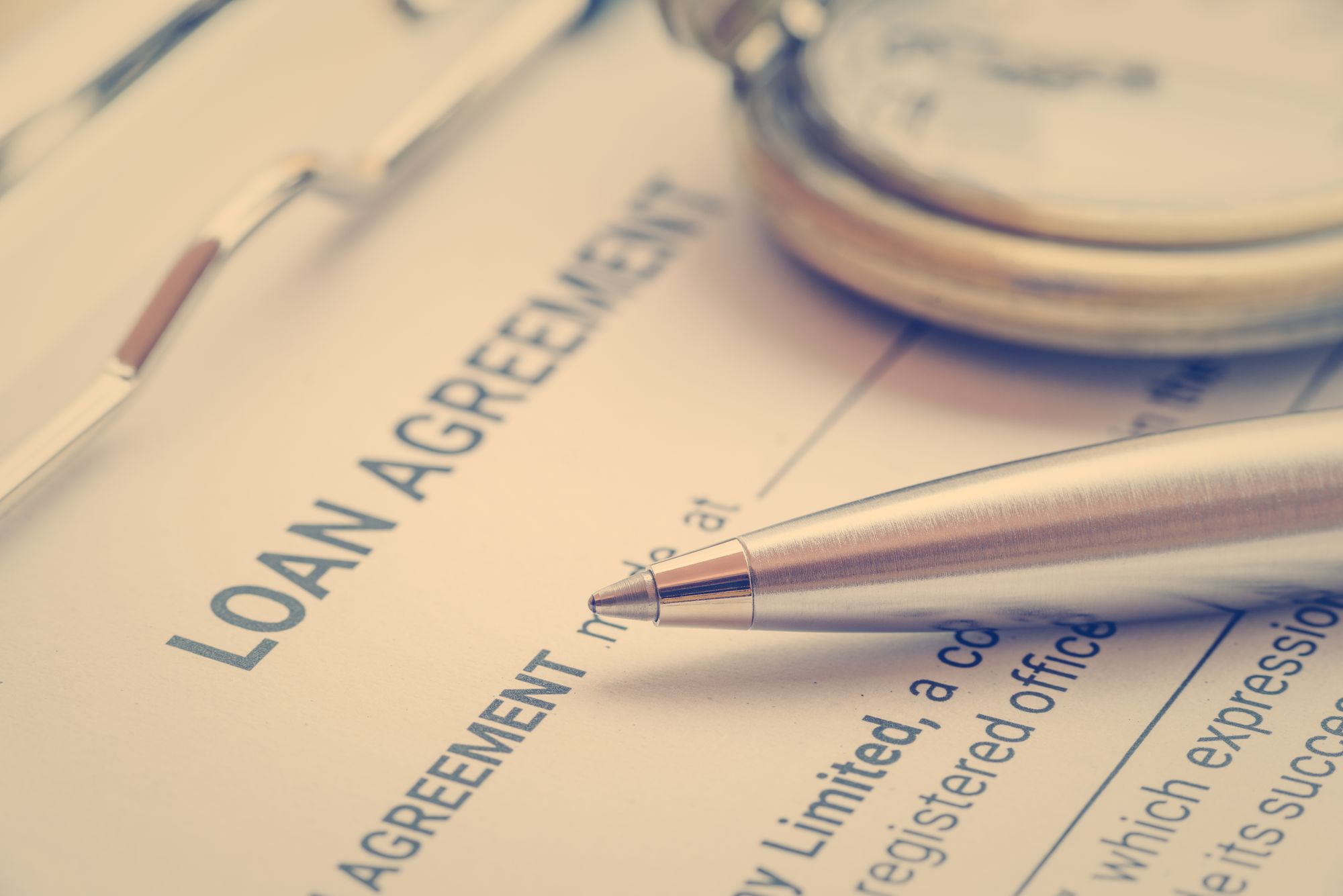The Role of a Personal Injury Lawyer in Car Accident Claims

Car accidents can turn lives upside down in an instant, causing physical injuries, emotional trauma, and financial burdens. Navigating the complex world of insurance claims, medical bills, and legal processes can be overwhelming. This is where a personal injury lawyer steps in, offering expertise and guidance to help victims secure fair compensation. In this article, we will explore the essential role that personal injury lawyers play in car accident claims and how they can be invaluable in maximizing the outcome of your case.
Why You Need a Personal Injury Lawyer
A personal injury lawyer's primary role is to advocate for individuals injured in accidents, ensuring they receive the compensation and support needed to recover both physically and financially. Their expertise is particularly valuable in car accident claims, which often involve multiple parties, such as insurance companies, medical providers, and sometimes other drivers who may share responsibility. Navigating these complex claims can be overwhelming, especially if you're unfamiliar with the legal system. Hiring a personal injury lawyer in Arlington, for example, can provide the local expertise necessary to navigate the specific laws and regulations of that area.
This local knowledge, combined with a strategic approach to dealing with insurance companies and medical bills, makes a personal injury lawyer essential in securing the compensation you deserve.
Here's why a personal injury lawyer is crucial:
- Legal Expertise: Personal injury lawyers have extensive knowledge of tort law, including the rules and regulations governing car accident claims.
- Negotiation Expertise: Handling insurance adjusters can be difficult. Lawyers can negotiate settlements that reflect the true value of your injuries.
- Investigation and Evidence Gathering: Personal injury lawyers collect and analyze crucial evidence such as police reports, medical records, witness statements, and accident reconstruction reports.
- Litigation Support: If a settlement cannot be reached, a lawyer can file a lawsuit and represent you in court.
| Function | Description |
|---|---|
| Legal Advice | Providing clear guidance on legal rights and the claim process. |
| Case Evaluation | Assessing the value of the case based on injuries and damages. |
| Negotiation | Engaging with insurance companies for a fair settlement. |
| Litigation | Representing the victim in court if necessary. |
| Evidence Collection | Gathering and organizing crucial evidence to support the claim. |
Save on Car Insurance Today
Explore and compare rates from over 50 top insurance companies, including Progressive, Travelers, AAA, and Nationwide, to find the best car insurance deals.
Get Your Free Quote- No lengthy forms
- No spam or unwanted calls
- Quotes from trusted insurance providers
Initial Consultation and Case Evaluation
The first step in hiring a personal injury lawyer is an initial consultation, usually free of charge. During this consultation, the lawyer evaluates the details of your accident, including the extent of your injuries, the circumstances leading to the accident, and any available evidence. They will determine the strength of your case and estimate potential compensation, including medical expenses, lost
wages, property damage, and pain and suffering, just like what the
best Boston Personal Injury Lawyer is doing to make sure their
partners get what they deserve.
A personal injury lawyer will assess the accident's impact on your life and advise on the legal options available. For many, this is the most reassuring part of the process, as the legal landscape can be daunting without professional guidance.
How Lawyers Determine Compensation
Compensation in car accident claims covers both economic and non-economic damages. A skilled lawyer will work to ensure that all potential damages are accounted for, not just immediate costs but also future medical bills, rehabilitation costs, and loss of income due to long-term disability.
The process of determining compensation includes:
- Reviewing medical bills and records
- Consulting with experts to estimate future healthcare needs
- Calculating lost income and future earning capacity
- Accounting for emotional distress and pain and suffering
| Type of Compensation | Description |
|---|---|
| Medical Expenses | Covers current and future medical treatment, hospital stays, and rehab. |
| Lost Wages | Reimbursement for time off work due to injury, including future lost income. |
| Property Damage | Compensation for repairs or replacement of damaged vehicles. |
| Pain and Suffering | Non-economic damages for emotional and physical distress. |
| Punitive Damages | In rare cases, awarded to punish the at-fault party for extreme negligence. |
The Importance of Evidence
Building a solid case requires substantial evidence. Personal injury lawyers work diligently to gather and present this evidence to establish fault and the extent of the injuries sustained. They collaborate with accident reconstruction experts, review police reports, and collect photographs or video footage of the scene. Additionally, they gather testimony from medical professionals to provide insight into the severity and long-term impact of the injuries.
In some cases, personal injury lawyers may also secure testimony from economic experts to quantify the financial impact of the accident, particularly in cases where the victim can no longer work or has lost earning capacity due to permanent injuries.
🤑 Need a Personal Loan? 🤑
Get the funds you need with Evergreen personal loans. Quick approval and competitive rates!
Dealing with Insurance Companies
In car accident claims, the concept of shared responsibility can significantly affect compensation outcomes. Understanding specific doctrines, such as contributory negligence laws, is crucial. These laws can bar or limit recovery for plaintiffs who are found to be partially at fault for an accident. Legal guidance is essential in navigating these stipulations.
Negotiating with insurance companies requires a strong understanding of policy limits, legal requirements, and the claims process. Personal injury lawyers leverage their expertise to ensure that their clients receive maximum compensation, taking into account both current and future financial needs.
Conclusion
The role of a personal injury lawyer in car accident claims cannot be understated. From the initial consultation to court representation, they provide critical support to victims, ensuring they receive fair compensation for their injuries and damages. Personal injury lawyers offer a lifeline to those navigating the complexities of the legal and insurance systems after an accident, giving them the peace of mind to focus on recovery.

